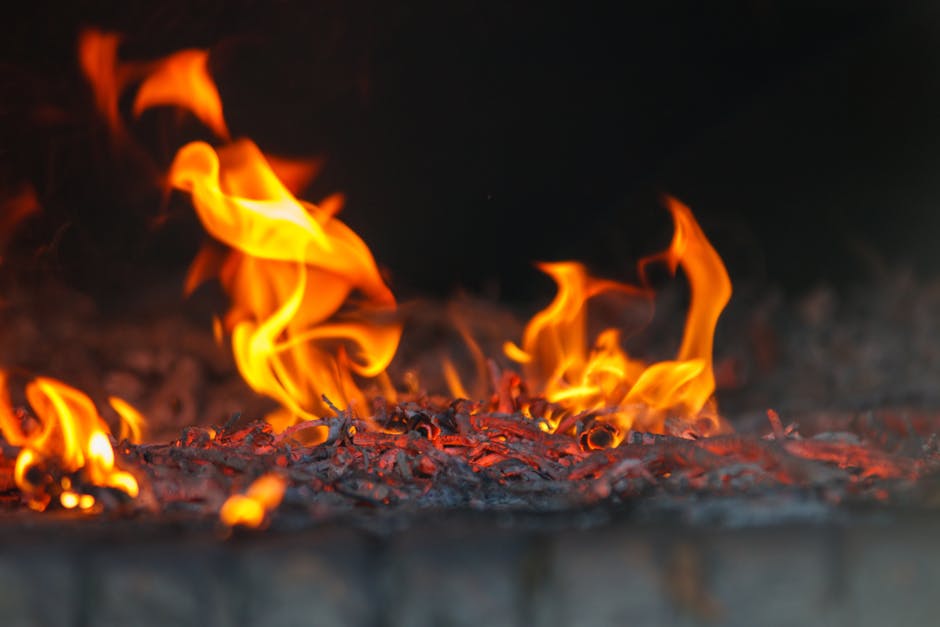Can I Compost Charcoal Ash?
Charcoal ash is generally safe for composting but requires careful handling to avoid potential issues with pH balance.


Sourced & Cited
Charcoal ash, the leftover residue from burning charcoal, can be a valuable addition to your compost pile, primarily acting as a source of minerals. It's important, however, to use it judiciously as it can significantly affect the pH of your compost.
Compost Classification
Neutral: Charcoal ash is primarily a mineral addition, contributing very little nitrogen or carbon to the compost. It's largely inorganic and doesn't break down in the same way organic materials do. The moisture content is negligible.
🌱 Key Nutrients
This item contributes the following nutrients to your compost:
Trace Minerals
🏷️ Tags
Important characteristics to know about this item:
Breaks Down Slowly Use in Moderation Pest Attraction Risk Adds Key Nutrients
⚠️ Potential Risks
- Altering the pH of your compost pile, making it too alkaline.
- Potential for burning plants if added in excessive amounts to soil.
- Attracting pests if the ash is not properly incorporated into the compost.
💡 Best Practices
- Use charcoal ash sparingly, mixing it thoroughly with other compost materials.
- Start with small amounts (e.g., a cup per cubic yard of compost).
- Avoid adding large clumps of ash; break it up into smaller pieces before adding it to the pile.
- Monitor the pH of your compost regularly, particularly after adding ash.
